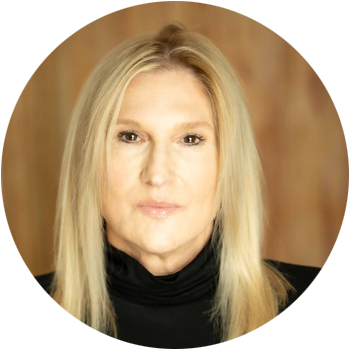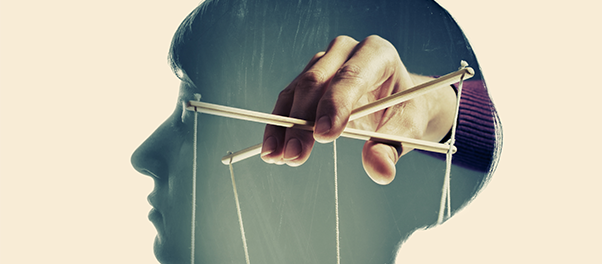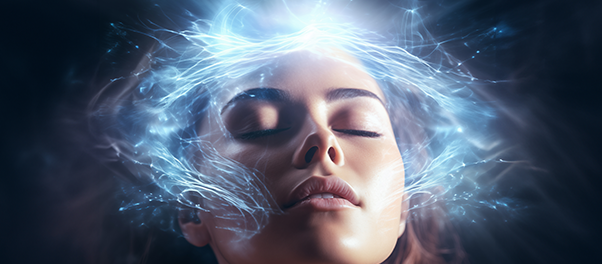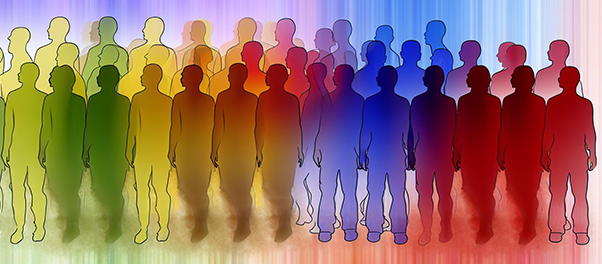Transforming Injustice Through Compassion
Good Morning. Today, it is good to notice that the sun is shining. But, the anguish in our country is painfully clear. My thoughts are swirling. So permit me a little more dialogue than usual to try to express my thoughts for today. I’d like to offer my understanding of what mindfulness has to offer in the wake of the indefensible killing of George Floyd. For those of you leading in facility, feel free to just jump down to the practice below. For others, read if you have the chance.
Zen teaches causality–the pain in the present can be seen as a consequence of our failure to fully see, own, and respond to the injustice in the past. Because we have failed to deeply appreciate the atrocities we perpetrated against people of color, and have continued to perpetrate, we have continued to repeat atrocities—large and small– over and over.
Dr. Gloria Browne Marshall is a constitutional law scholar and a colleague at John Jay College of Criminal Justice where I teach. I once had the privilege to hear her speak and it profoundly changed the way in which I understood race and criminal justice in the United States. She traced the history of various laws from emancipation through Jim Crow, to mandatory drug sentencing, to voting districting legislation, and she linked the passage of specific laws to the political and economic context at the time each law was passed. She presented a stunning picture of how racism and fear of retribution from people of color has literally been baked into our criminal justice system. This creates a web with all of our other systems-political, educational, and health care–so much so that the very systems designed to uphold justice and protect liberty perpetuate injustice. In many parts of country, including NYC where I live, schools designed to provide all Americans equal opportunities to actualize their potential continue to offer separate and unequal education depending on one’s zip code. We can see the effects of disparities created by this web of institutionalized racism in our healthcare system clearly as we see rates of COVID-19 disproportionally affect people of color. We see the problems, but the solutions seem overwhelming. The feelings prompted by thinking about these things, no matter who you are, often result in us shutting them off because they are, again, too overwhelming.
This is where mindfulness can help. I want to be very clear that I do not mean to suggest that mindfulness should be the salve to provide comfort in the face of injustice. It probably does help many people get through emotionally painful times, but the true power in mindfulness is in its ability to transform. There is a long connection between mindfulness and social justice. The Dalai Lama was persecuted and exiled from Tibet. Thich Nhat Hahn was exiled from Vietnam. He was nominated for the Nobel Peace Prize by Martin Luther King Junior for his work protesting the Vietnam War. What he taught was that compassion was the way to create transformative change. Truly feeling the experience of others motivates a desire to help in most people. One of the harder things he taught was that those who intentionally perpetrate violence and injustice are afflicted. They are separated from truth, humanity, and feeling. They do not know yet. So, he argued, we need to be compassionate towards those who oppress as well as those affected by oppression.
It is a simple concept, that compassion is needed. Compassion is seeing another person’s pain, hearing their communication, and saying that it is reasonable, understandable and justifiable—period. So today’s practice is a simple loving kindness compassion exercise.
Practice: Settle into a comfortable position. Breathe in and out, feeling your lungs next to your heart. Exhale as you focus. Breathe slowly in and out as you read the following (leaders read and have participants repeat to themselves)
Aware that there is injustice in our country and in our world, I breathe.
May I be alert to action and inaction that causes suffering in others.
May all people be alert to action and inaction that causes suffering in others.
May I be safe.
May I be free from harm and suffering.
May I be well.
May all people be safe.
May all people be free from harm and suffering.
May all people be well.
Aware that there is injustice in our country and in our world, I breathe.
May suffering be transformed into change.
There are many things that prevent us from sitting in compassion and acting from a place of compassion: fear that we do not have solutions, fear that the solutions might be painful, sadness, rage, and perhaps most importantly– guilt and shame. Can you have guilt and shame for things you did not perpetrate. I think that as a nation we can. I am ashamed whenever I travel outside the US and there is another mass shooting and I try to explain why we do nothing about this. As continued practice for today, try not to avoid feeling in response to suffering you see. Try, if you like, to watch the Ted talk below.
Be well.
Michele








